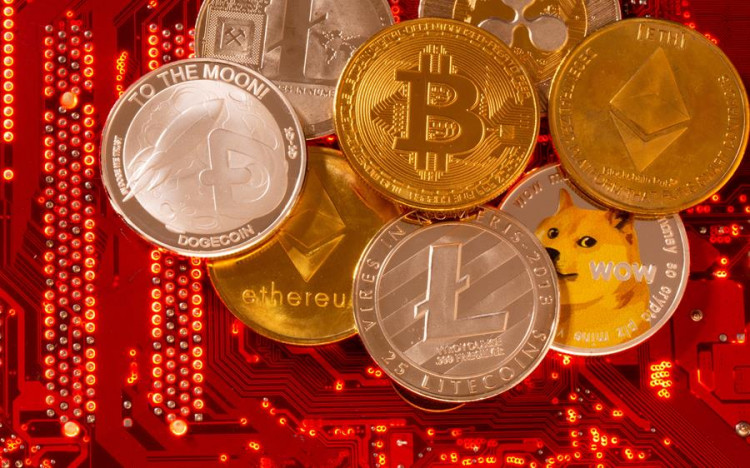Since the South Korean government started its 'witch hunt' on crypto exchanges conducting illegal activities, various exchanges have been experiencing the heat of regulatory pressures.
According to the latest report released by the government's Financial Services Commission (FSC), 11 local exchanges that have been found using fake accounts, have decided to shutter.
Since they have been found breaking policies, these exchanges would have no chance of gaining licenses from the FSC in the future. This scenario has led the 11 exchanges to pull the plug on their operations for good.
Sooth Korea's Intensified regulations
Recently, the South Korean government has suspended Darlbit's withdrawal and deposit services, which left the crypto exchange with no option but to close down its operations.
BitSonic, on the other hand, said that it would temporarily stop its crypto exchange operations while it undergoes a renewal of its system. The company also said that it would also acquire an ISMS (procedures that are required to run legal exchange operations in the country).
Upbit and Bithumb, unscathed
While a lot of 'middleweight' crypto exchanges in South Korea have suffered from the government's increasing regulatory pressures, the 'heavyweights' remained unscathed.
According to the government, Upbit and Bithumb -- the two largest exchanges in South Korea -- have been diligent in following the regulatory requirements to operate.
These two companies provide real-name account registration to their customers, which is mandatory to prevent money laundering and other fraudulent activities.
Looming closures
Earlier this year, many financial experts anticipated that such string of shutdowns of crypto exchanges is very likely to happen as many of the entities - except the local stalwarts Bithumb, Coinone, Upbit, and Korbit - failed to set up real-identity accounts for their clients.
To further be in line with the government's regulatory measures, Bithumb banned its employees last month from investing and trading in crypto. This move is not only meant to follow the government's policies but also to streamline its own internal regulations.
Meanwhile, local exchanges in the country are not the only ones at the regulator's crosshairs. All international exchanges are required to register with the Korea Financial Intelligence Unit by September 24. Failure to register will reportedly result in legal action and potential closure.





